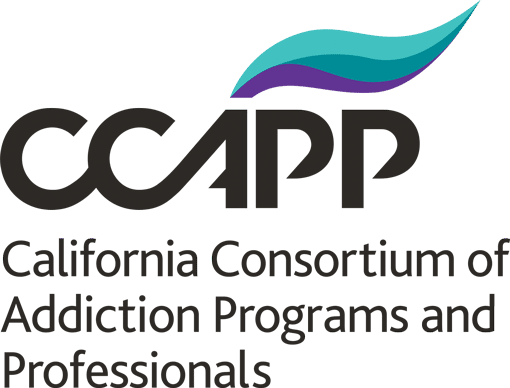
People in recovery from addiction frequently feel guilty and ashamed, and these feelings can make recovery more difficult. People can find the power, encouragement, and forgiveness necessary to achieve long-lasting recovery by overcoming guilt and shame during their recovery through their faith.
In this blog post, we will explore the impact of guilt and shame on recovery, and how faith-based principles can help individuals overcome these emotions and achieve lasting results.
The Power of Guilt and Shame in Addiction and Recovery
Complex emotions like guilt and shame can have a significant negative effect on people in recovery. When dealing with addiction, feelings of guilt and shame can be particularly powerful as individuals may engage in behaviors that violate their own values and beliefs. Guilt and shame can also be triggered by the consequences of addiction, such as broken relationships, financial struggles, and legal issues. These emotions can also lead to relapse, as individuals may turn to drugs or alcohol to numb their feelings of guilt and shame.
Overcoming Guilt and Shame through Faith
Faith can provide individuals in recovery with a powerful tool for overcoming guilt and shame. In Christianity, the concept of repentance and forgiveness is central to the faith. Repentance entails accepting responsibility for one’s actions, owning up to one’s mistakes, and vowing to change. Forgiveness involves extending grace and mercy to oneself and others by recognizing that everyone makes mistakes and that healing, and transformation are possible.
When individuals are able to forgive themselves and others, they can release the burden of guilt and shame and begin to heal. Prayer and meditation can also be powerful tools for finding inner peace and strength. By turning to God and seeking His guidance, individuals can find the strength to overcome their struggles and find a sense of purpose and meaning in their lives.
The importance of trusting in God’s love and recognizing that God loves unconditionally and forgives all mistakes is important to remember, as it allows individuals in recovery to see themselves as worthy of love and respect. This can lead to a greater sense of self-esteem and a stronger commitment to recovery.
Applying Faith to the Recovery Process
Faith-based counseling, support groups, and treatment can be invaluable resources for individuals in recovery. These services can provide a supportive community of individuals who share similar struggles and beliefs. They can also offer a safe space for individuals to share their experiences and receive encouragement and guidance from others.
The power of worship and spiritual practices for healing and transformation cannot be overstated. By engaging in regular worship and spiritual practices, individuals in recovery can connect with God and find a sense of purpose and meaning in their lives. They can also find comfort and strength in the community of believers and the shared experience of faith.
The power of faith and spirituality in healing and transformation is undeniable, and they can make a significant difference in the recovery process. Christian’s Drug Rehab is aware of this and practices it every day to help people heal. Give us a call and see for yourself.












